
In Pakistan, press safety hubs provide support and training for journalists at risk
When a criminal gang sent threatening messages to Ghulam Mustafa, the reporter said his only option was to stop working for the Pakistani station Geo News. Mustafa acknowledges that laying low for nearly three years was the right decision to ensure his safety, but he said, “Professionally, it was strange that I was not working.…

Amid tensions ahead of Kenyan vote, journalists face violence and threats
When a fight broke out during a political rally for Kenya’s Orange Democratic Movement in Kakamega county on May 4, Shaban Makokha was taking pictures for his newspaper, the Daily Nation. Makokha told CPJ that when police arrived to break up the fight, they demanded that he stop taking pictures, even after he identified himself…
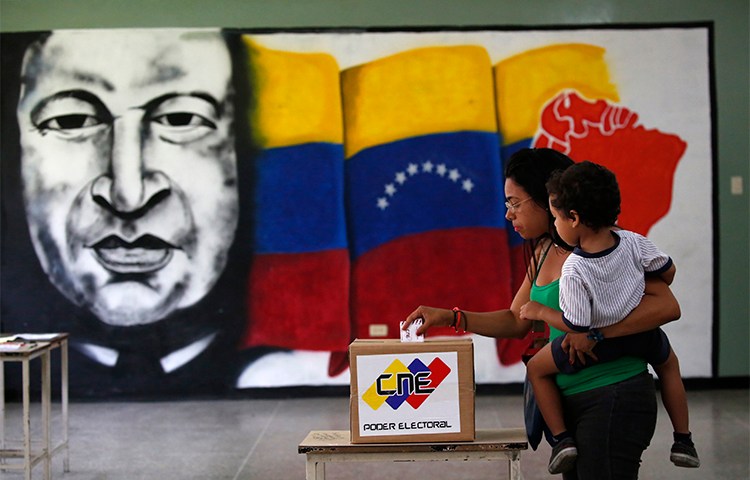
Journalists detained, attacked, and threatened amid unrest in Venezuela
New York, July 31, 2017–Venezuelan officials should stop harassing journalists and censoring media outlets amid unrest and violent protests in the country, the Committee to Protect Journalists said today. Journalists covering yesterday’s vote to elect representatives for a constituent assembly to reform the Venezuelan constitution were arbitrarily detained, attacked, and threatened.
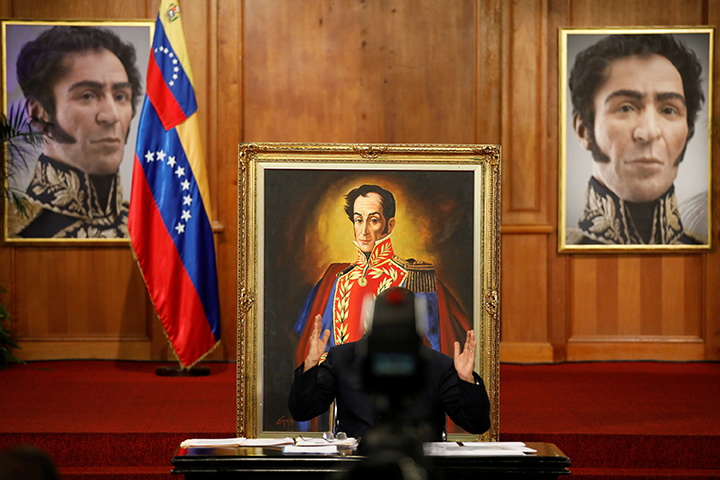
Venezuela Country Safety Page
Updated November 9, 2017 As the political situation in Venezuela continues to deteriorate, journalists covering protests have been routinely targeted, harassed, attacked, and detained. To provide concrete safety information for local and international journalists covering the unrest, CPJ’s Emergencies Response Team is issuing periodic updates on the political situation and the climate for journalists.
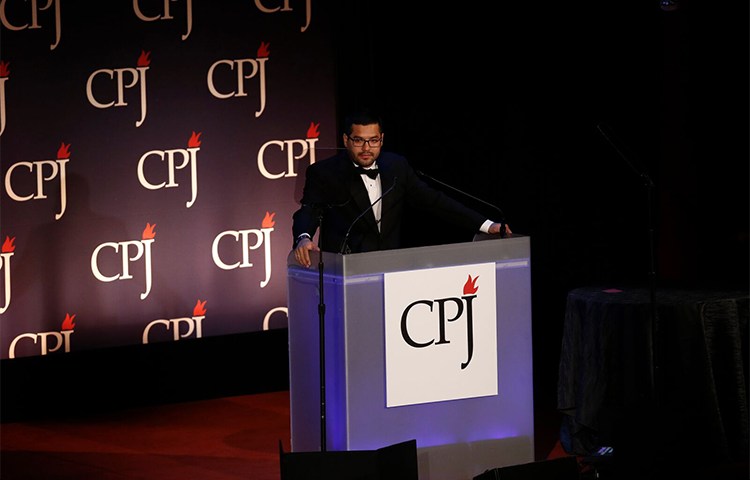
Óscar Martínez: Trust and safety for journalists and sources is vital in El Salvador
Óscar Martínez knows first-hand the dangers of reporting on crime and gang violence. The co-founder of Sala Negra (Black Room)–an investigative reporting project run by the El Salvadoran new outlet El Faro–says he and his colleagues have been threatened and harassed for their hard-hitting coverage. But, Martínez says, their sources are equally at risk of…
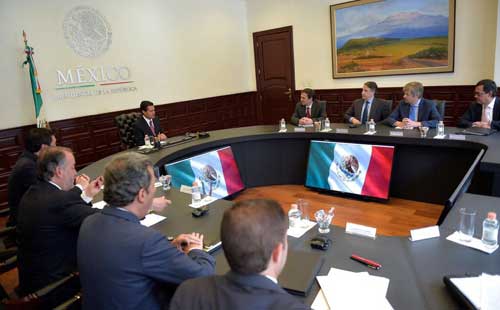
Mexican president pledges to prioritize journalist safety and combat impunity
Mexico City, May 4, 2017– Mexican President Enrique Peña Nieto today pledged to prioritize combating impunity in the murders of journalists for the remainder of his term, which ends next year. He said the safety and protection of journalists would also be a priority.

CPJ joins Fly Don’t Spy campaign to protect journalists and their sources
Over the past several months, the Committee to Protect Journalists has raised concerns over U.S. border agents’ use of secondary searches of journalists and their devices at U.S. borders, and government proposals to require travelers to hand over social media account passwords as a condition of entry to the U.S. That is why today CPJ…
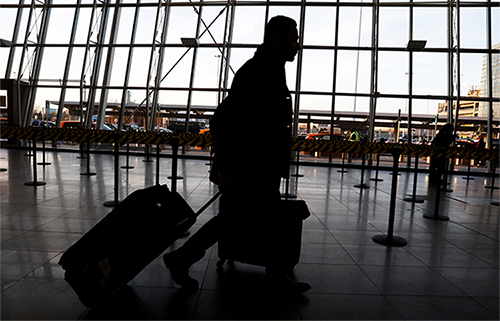
CPJ calls on Homeland Security secretary to reject password proposal
The Committee to Protect Journalists is concerned by Secretary of Homeland Security John Kelly’s suggestion to a committee hearing that the U.S. could request social media profile and password information as a condition to entering the country. Such requirements would have an impact on journalists by undermining their ability to protect sources and work product,…
